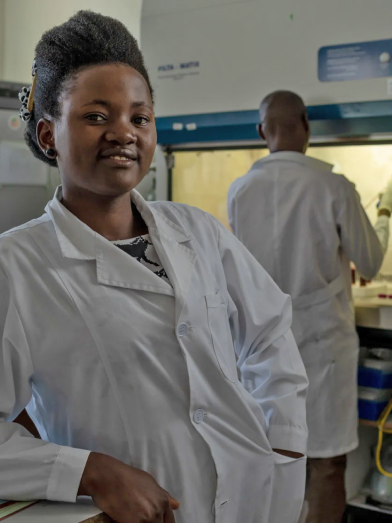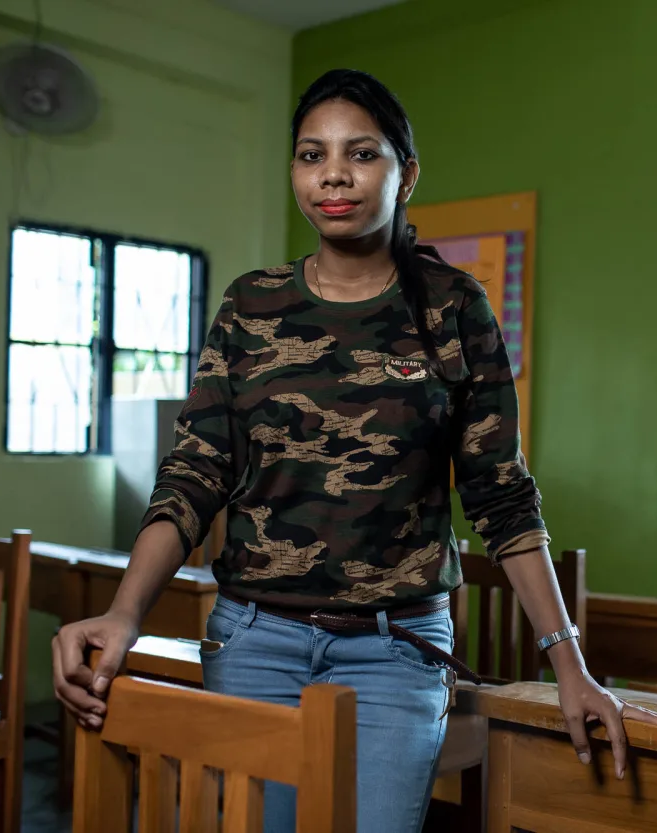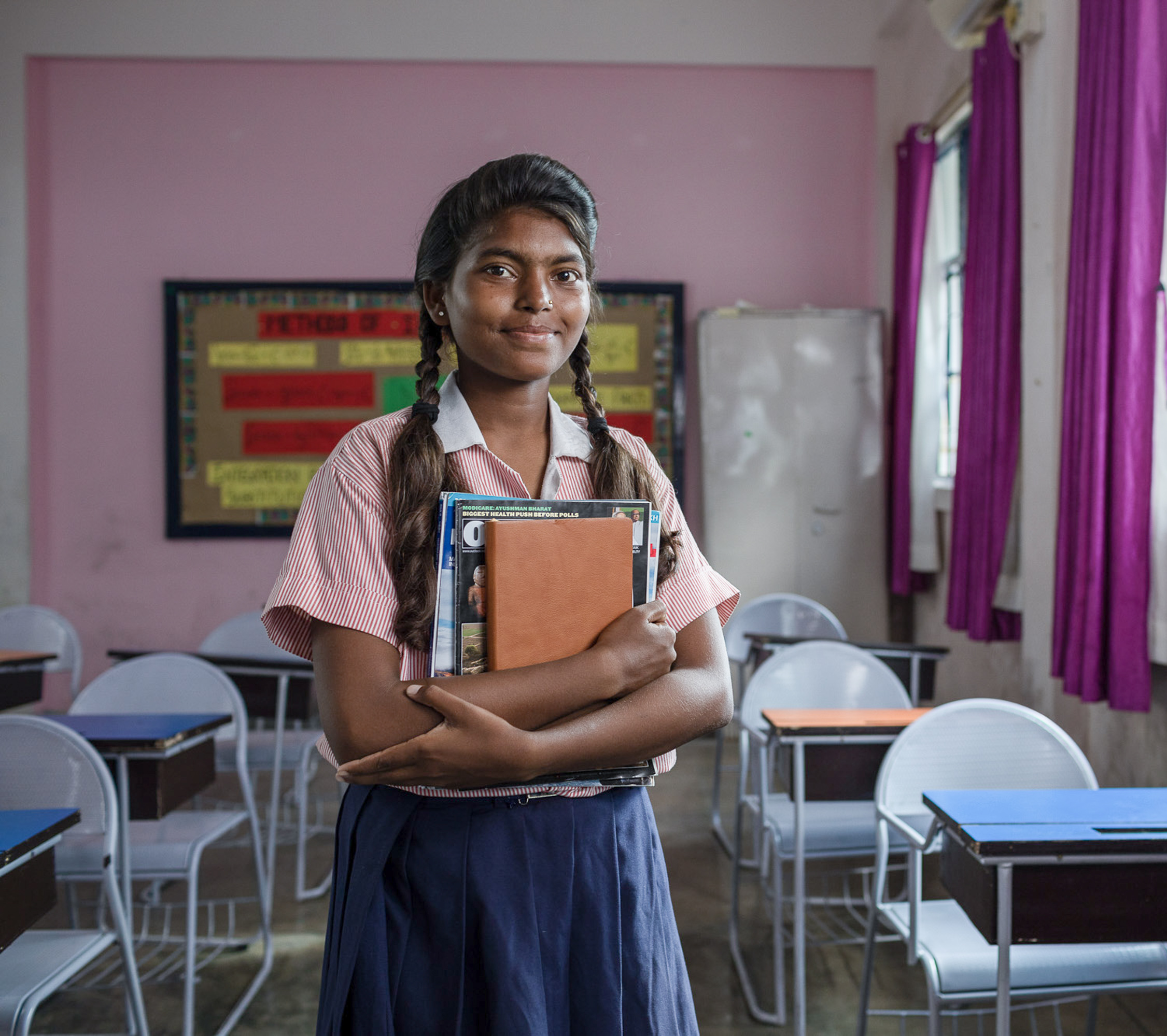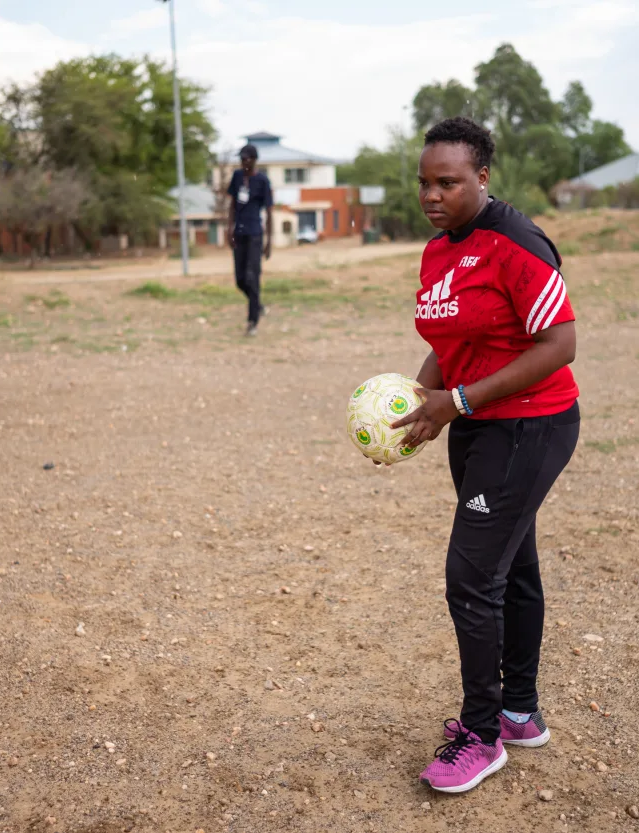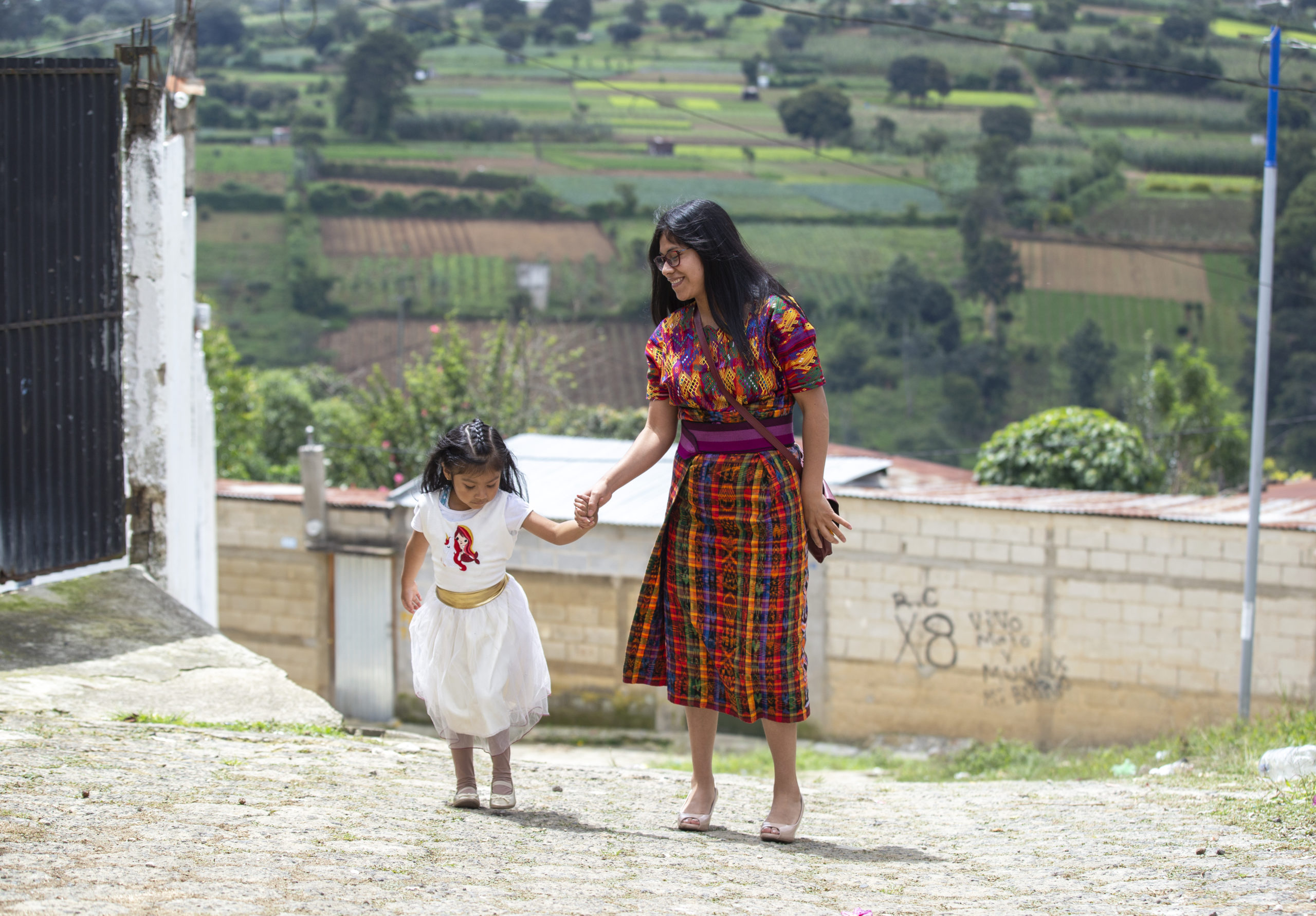Rebecca’s story

Across many countries and cultures, female genital mutilation (FGM) is considered a rite of passage for girls transitioning into womanhood. Although countries like Kenya have outlawed this practice, it still continues today.
Rebecca experienced FGM when she was just 12 years old; she was the fourteenth girl in her village to be cut that day. Afterwards, she was considered a woman, so her family decided she should drop out of school and get married. Rebecca vowed that some day things would be different for her daughters.
When Rebecca had children of her own, she discovered the Alternative Rite of Passage program through the Women’s Global Education Project (WGEP) (Opens in a new tab), which teaches girls and families a different way to transition into womanhood. She immediately signed up her firstborn daughter, Purity Gatwiri. The program teaches families about women’s health and encourages them to keep their daughters in school. Upon completing the program, families gather for a ceremony that celebrates the power of women and girls in their village and to enjoy music, dancing, and—of course—cake!
With her mom’s support and the help of WGEP, Purity Gatwiri became the first girl in her entire village to attend university. She’s working to become a land surveyor and even helped add her mother’s name to the rights on their family’s land.
“My life is very different from my mother’s,” Purity says. “If it was not for my mom’s courage, I would not be where I am today.”




